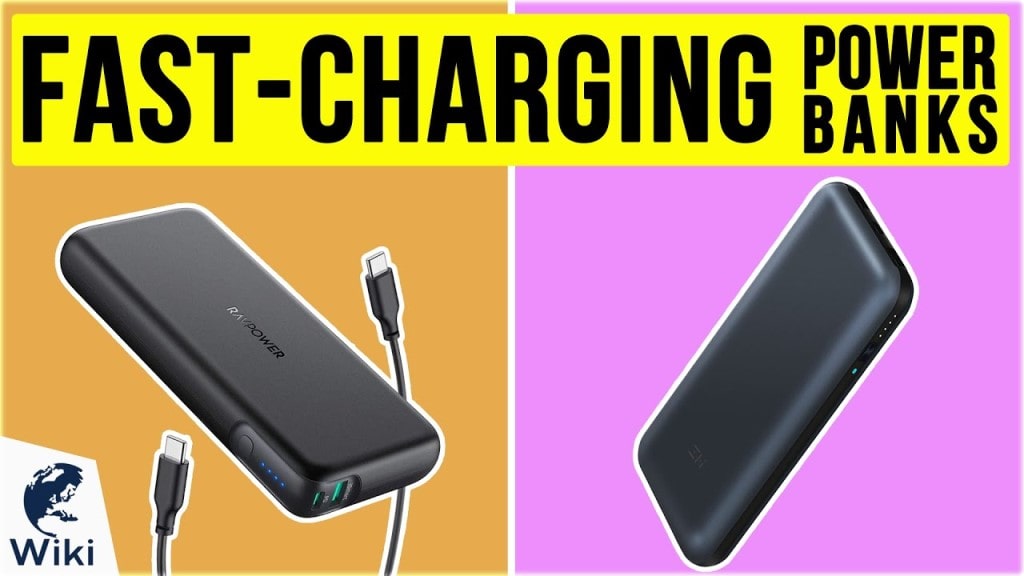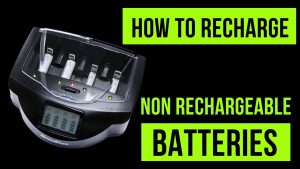Introduction
Portable radios have been a staple in homes and workplaces for decades. They provide a simple and reliable way to listen to news, music, and entertainment without the need for an internet connection or cellular service. However, traditional portable radios often require disposable batteries, which can be costly and harmful to the environment.
That’s where portable rechargeable radios with USB come in – offering the same convenience and reliability of traditional portable radios, but with a rechargeable battery and USB port for easy charging. In this article, we’ll explore the advantages and disadvantages of portable rechargeable radios with USB and provide a buying guide for those interested in purchasing one
Advantages of Portable Rechargeable Radios with USB
Portable rechargeable radios with USB ports offer numerous advantages, making them versatile and convenient entertainment devices for various situations. Here are some of their key advantages:
- Portability: Portable rechargeable radios are compact and lightweight, allowing you to take them anywhere you go. Whether you’re camping, hiking, picnicking, or traveling, these radios provide entertainment and information without the need for a power outlet.
- Wireless Operation: With their rechargeable batteries, portable radios eliminate the need for constant access to power sources. This wireless operation ensures freedom of movement and flexibility in using the radio outdoors or in areas without electricity.
- USB Charging: The inclusion of a USB port allows you to charge your devices, such as smartphones, tablets, or MP3 players, using the radio’s battery power. This feature is especially useful in emergencies or when traveling, ensuring you stay connected even in remote locations.
- Versatile Power Options: In addition to USB charging, many portable rechargeable radios offer multiple power options, such as solar panels or hand-crank generators. This versatility ensures that you can power the radio using various methods, depending on the availability of resources.
- Long Battery Life: Rechargeable radios typically feature high-capacity batteries that provide extended playtime on a single charge. This ensures uninterrupted entertainment and information during outdoor activities or power outages.
- Built-in Features: Many portable rechargeable radios come equipped with additional features such as AM/FM radio tuning, NOAA weather alerts, built-in LED flashlights, and Bluetooth connectivity. These features enhance the functionality and utility of the radio for various purposes.
- Environmentally Friendly: By using rechargeable batteries instead of disposable ones, portable rechargeable radios help reduce waste and minimize environmental impact. This eco-friendly aspect makes them a sustainable choice for environmentally conscious consumers.
- Cost Savings: While the initial cost of a portable rechargeable radio may be higher than traditional battery-powered radios, the long-term savings from not having to purchase disposable batteries outweighs the investment. Rechargeable batteries can be used repeatedly, saving money over time.
- Emergency Preparedness: Portable rechargeable radios are essential components of emergency preparedness kits. Their ability to operate without external power sources and provide access to critical information during emergencies makes them indispensable tools for disaster readiness.
- Convenience: Overall, the convenience of having a portable rechargeable radio with a USB port lies in its ability to provide entertainment, information, and device charging capabilities in a compact and portable package, making it an essential companion for outdoor adventures, travel, emergencies, and everyday use.
Trending Today
Disadvantages of Portable Rechargeable Radios with USB
While portable rechargeable radios with USB ports offer numerous advantages, they also come with some disadvantages that users should consider. Here are some common disadvantages:
- Limited Battery Life: Rechargeable batteries have a limited lifespan and may gradually lose their capacity to hold a charge over time. This can result in reduced battery life and the need for more frequent recharging, especially after extended use or over multiple years of ownership.
- Dependence on Power Source: Portable rechargeable radios rely on battery power, which means they must be regularly charged to function. If the battery runs out of power and there is no access to electricity or alternative power sources, the radio becomes unusable until it can be recharged.
- Charging Time: Recharging a portable radio’s battery can take several hours, depending on the battery capacity and the charging method used. This downtime may be inconvenient, especially if you need the radio for immediate use or during emergencies.
- Compatibility Issues: While USB ports provide versatility for charging various devices, not all devices may be compatible with the radio’s USB port. Some devices may require specific charging cables or adapters, which can be cumbersome to carry and use when charging on the go.
- Cost of Replacement Batteries: When the rechargeable battery reaches the end of its lifespan and needs replacement, purchasing a new battery can be costly. This expense may be an additional consideration for users looking to maintain their portable rechargeable radio’s functionality over the long term.
- Risk of Overcharging: Overcharging the battery can potentially reduce its lifespan and performance over time. It’s essential to follow the manufacturer’s recommendations for charging the battery and avoid leaving the radio plugged in for extended periods after the battery is fully charged.
- Limited Power Capacity: Portable rechargeable radios may have limited power capacity compared to mains-powered radios. This limitation can affect the radio’s overall performance, especially when using power-intensive features such as high volume levels or continuous Bluetooth streaming.
- Environmental Impact: Rechargeable batteries contain materials that can be harmful to the environment if not disposed of properly. Proper recycling and disposal of old batteries are essential to minimize environmental impact and ensure responsible waste management.
Despite these disadvantages, portable rechargeable radios with USB ports remain popular choices for their convenience, portability, and versatility. By understanding these drawbacks and considering your specific needs and preferences, you can make an informed decision about whether a portable rechargeable radio is the right choice for you.






















